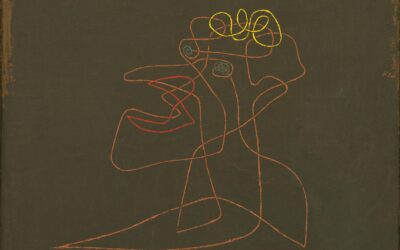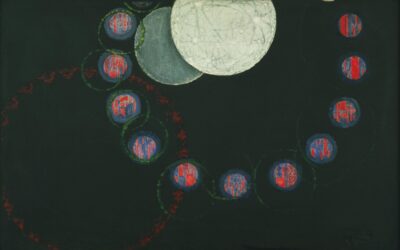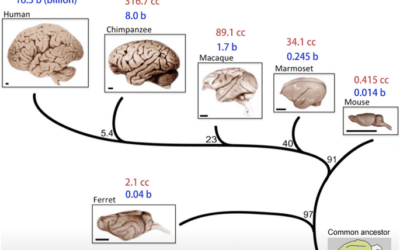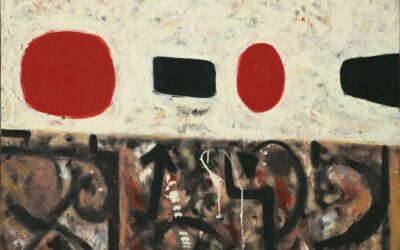Befriending Your Inner Critic: From Self-Judgment to Self-Empowerment
Understanding the Inner Critic
The inner critic is that persistent voice in our heads that judges, criticizes, and undermines our every move. Psychologists Sidra and Hal Stone, pioneers of the Voice Dialogue approach, describe the inner critic as one of the many subpersonalities that make up our psyche [1]. This inner voice often develops early in life, internalizing the standards and expectations of parents, teachers, and society.
While the inner critic’s intention is to protect us and help us succeed, it can become overactive and destructive, leading to:
- Harsh self-judgment
- Perfectionism and unrealistic standards
- Difficulty appreciating achievements
- Imposter syndrome and self-doubt
- Procrastination and self-sabotage
When we’re trapped in the inner critic’s negative spin, it can feel like we’re never good enough. But with awareness and practice, it’s possible to transform this inner adversary into a wise and supportive ally.
The Paradox of High Standards
Research in organizational psychology has revealed a fascinating paradox: individuals who hold themselves to high standards and believe they fall short often outperform those with a more positive self-view [2]. This “self-effacing bias” suggests that the inner critic’s drive for excellence can fuel achievement and growth.
The key is to harness the inner critic’s high standards while silencing its demoralizing commentary. Psychologist Kristin Neff recommends practicing self-compassion – treating ourselves with the same kindness and understanding we’d extend to a good friend [3]. When we slip up or feel inadequate, rather than berate ourselves, we can acknowledge the shared human experience of imperfection.
Challenging Social Comparison
In the age of social media, the inner critic is constantly fed material for self-judgment and envy. Scrolling through curated images of success and happiness, it’s easy to feel like we’re falling behind. But as researcher Brené Brown reminds us, comparison is the thief of joy [4]. Those perfect posts are a highlight reel, not the full picture.
When we catch ourselves engaging in social comparison, we can use it as an opportunity to get curious about our values and desires. Rather than fixating on what we lack, we can ask: What do I really want? How can I take steps, however small, in that direction? By shifting our focus inward, we reclaim our power from external standards of success.
Embracing Self-Honesty
The inner critic often attacks us in areas where we feel insecure or inadequate. Ironically, trying to ignore or suppress these insecurities only gives them more sway over us. The antidote is radical self-honesty – acknowledging our fears, flaws, and uncertainties with courageous clarity.
Psychotherapist Tara Brach calls this “naming the truth” – validating our inner experience without judgment [5]. When the inner critic whispers that we’re unlovable, rather than argue back or collapse in shame, we can meet that younger part of ourselves with compassion. By bringing our doubts and vulnerabilities into the light of awareness, we diffuse the inner critic’s shadowy power.
Cultivating Inner Harmony
At the core of Voice Dialogue is the idea that we each contain a diverse chorus of selves, with different needs, fears, and gifts [1]. The inner critic is just one voice in this psychic ensemble. To create inner harmony, we must welcome all our parts to the table – even the ones we deem unacceptable.
This starts with getting to know our subpersonalities. We might journal from the perspective of the inner critic, the wounded child, the rebel, the caretaker. We can ask: What are you trying to protect me from? What do you need to feel safe? By honoring the positive intention beneath each part’s reactivity, we create space for genuine dialogue and negotiation.
The goal is not to eliminate the inner critic, but to relate to it with mindful authority. When we recognize the inner critic as a fearful, fixated part of ourselves, rather than the truth of who we are, we can meet its concerns with mature discernment. We learn to decline its harsher suggestions while extracting the wisdom. In its healthier form, the inner critic becomes an inner mentor – still holding us to high standards, but as a compassionate advocate rather than a punishing tyrant.
Becoming Your Own Best Friend
Ultimately, befriending the inner critic is an act of profound self-love. It’s a declaration that we are worthy of our own unconditional support, no matter how flawed or unfinished we may be. Like any friendship, it requires patience, commitment, and a willingness to show up again and again.
But as we learn to embrace ourselves in our totality – fears, failures, and magnificence alike – we discover an unshakable resilience. We greet life’s challenges with the trust that we can handle whatever arises, because our wisest advocate is always in our corner. In this way, transforming the inner critic becomes a homecoming to our deepest, most authentic self.
References
- Stone, H., & Stone, S. (2011). Embracing Our Selves: The Voice Dialogue Manual. New World Library.
- Eldred, S. M. (2021). The Paradox of Humility in American Business and Society. Routledge.
- Neff, K. (2011). Self-Compassion: The Proven Power of Being Kind to Yourself. William Morrow.
- Brown, B. (2010). The Gifts of Imperfection: Let Go of Who You Think You’re Supposed to Be and Embrace Who You Are. Hazelden Publishing.
- Brach, T. (2003). Radical Acceptance: Embracing Your Life With the Heart of a Buddha. Bantam.
Additional Resources
- Stone, H., & Stone, S. (1993). Embracing Your Inner Critic: Turning Self-Criticism into a Creative Asset. HarperOne.
- Brown, B. (2018). Dare to Lead: Brave Work. Tough Conversations. Whole Hearts. Random House.
- Gilbert, P. (2009). The Compassionate Mind: A New Approach to Life’s Challenges. New Harbinger Publications.
- Germer, C. (2009). The Mindful Path to Self-Compassion: Freeing Yourself from Destructive Thoughts and Emotions. Guilford Press.



























0 Comments